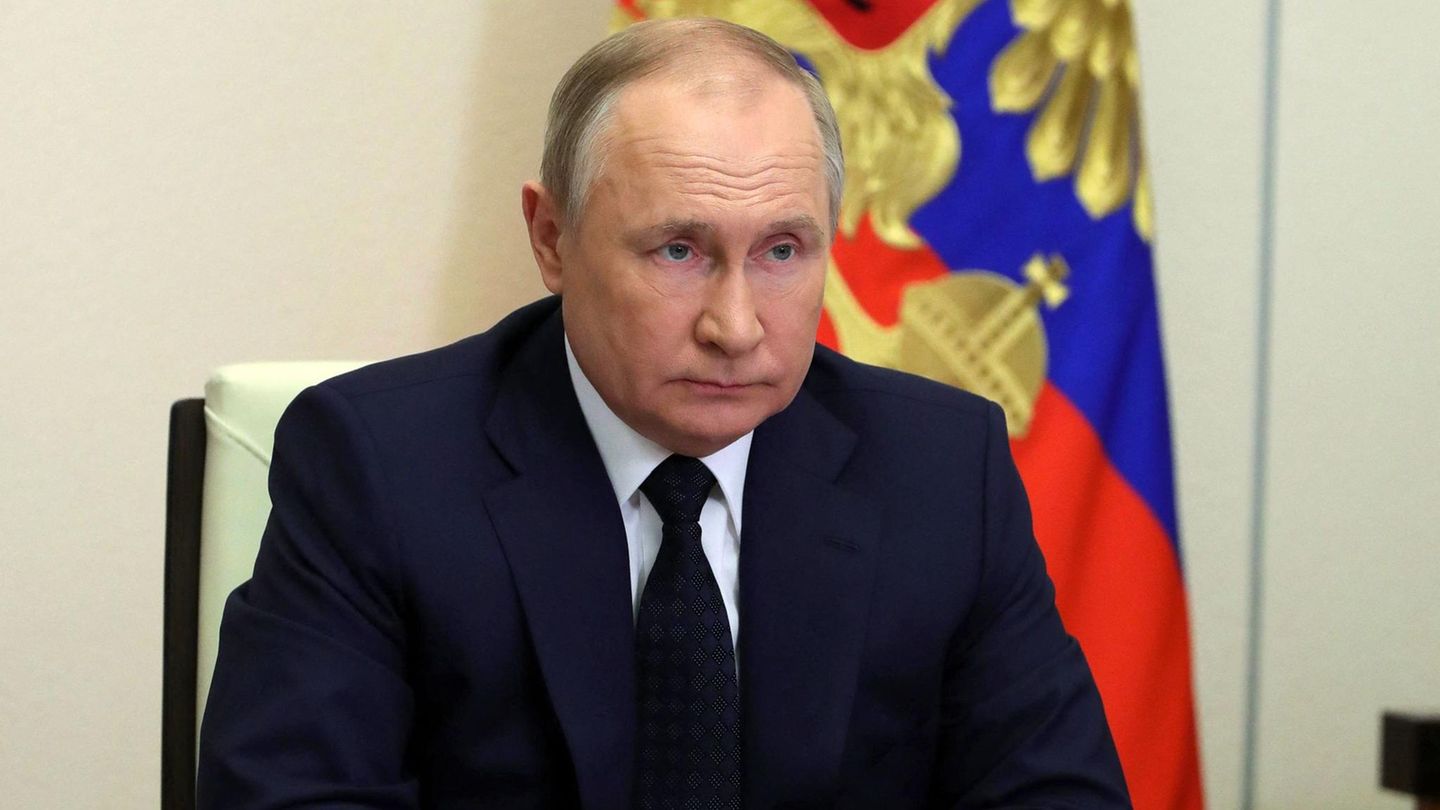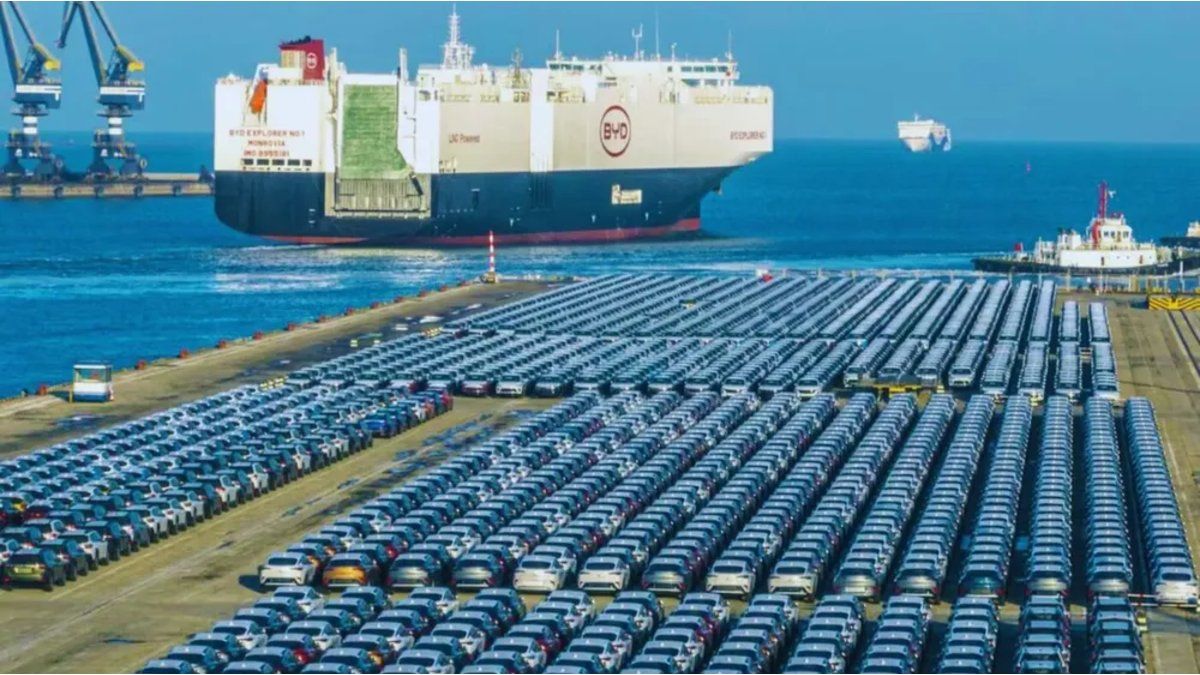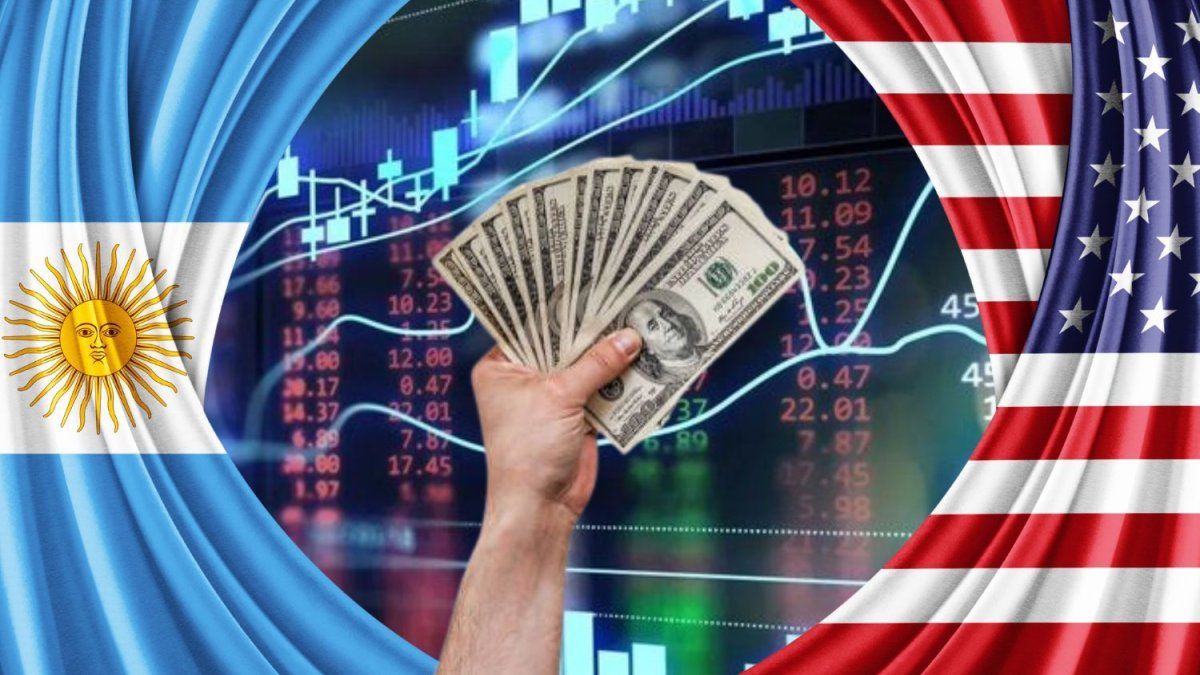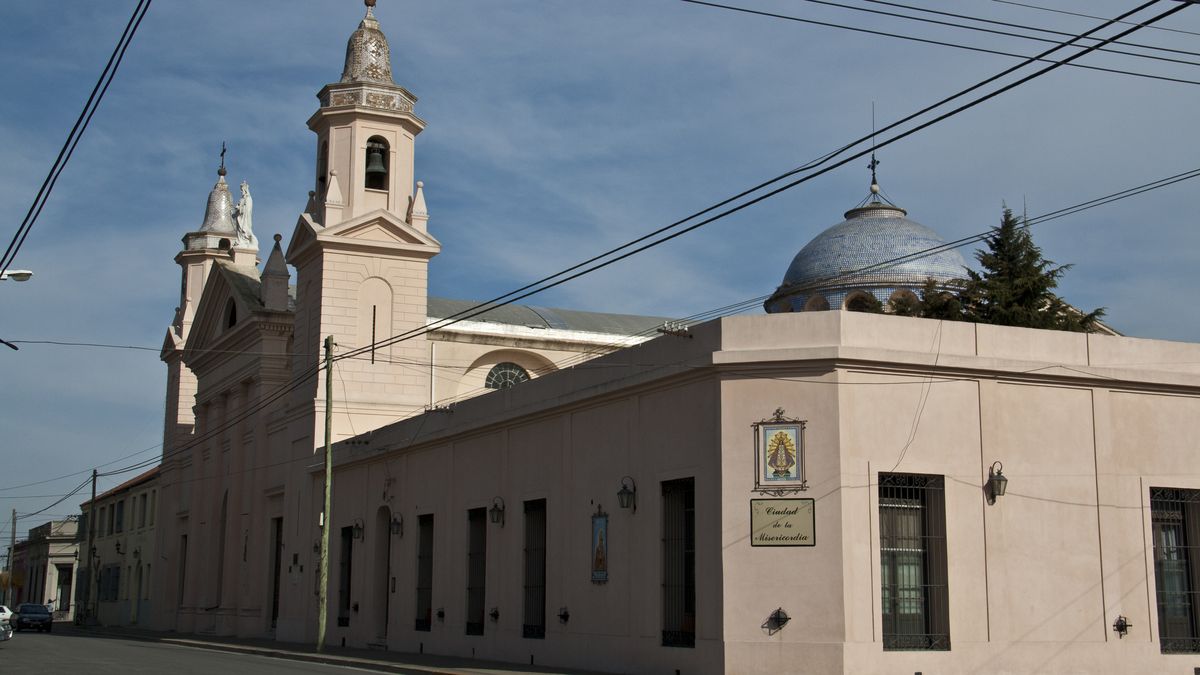Vladimir Putin has announced that future gas deliveries can only be paid for in rubles instead of euros and dollars. The West cannot actually accept that – and could lead to a gas freeze.
On the battlefields of Ukraine, Vladimir Putin’s troops are attempting to press ahead with their faltering invasion with increasing brutality. Now the Russian President is also launching a wild counterattack in the economic war with the West. On Wednesday, Putin announced that “unfriendly states” like Germany and its European and American allies would have to pay their gas bills in Russia in rubles instead of the euro and dollar they have been using up until now.
What at first sounds like a despicable case for the accounting department harbors enormous political and economic explosive power. Because Putin may be trying to use the surprising maneuver to force the West to circumvent its own sanctions. If Germany and Co. do not want to be blackmailed, they would have to forego further Russian gas in this case.
At least that’s how experts like the economist and government adviser Jens Südekum interpret Putin’s move. Because there are not enough rubles in circulation on the international currency markets to pay the enormous gas bill, the West would have to get them directly from the Russian central bank, Südekum explained on Twitter. “But the perverse thing is that the Russian central bank is actually sanctioned and its reserves in the West are frozen.” The ruble trick could now bring the dead central bank back into play. “In this way, Putin is indirectly forcing us to circumvent our own sanctions,” says Südekum. This made the scenario of a complete gas embargo more likely.
The West should support the ruble
But what is the calculation behind Putin’s surprise maneuver? Experts suspect that the Kremlin wants to stop the collapse of the Russian currency, which has plummeted as a result of the tough sanctions. “Putin is forcing Western importers to help him stabilize the exchange rate, which in Russia is the indicator of his regime’s stability,” commented the Bonn economist Moritz Schularick on the move. Putin is forcing Western importers to hold more ruble liquidity to increase demand for rubles in the short term. In fact, Putin’s announcement alone caused the ruble to rise, although further developments are completely unclear.
Putin has now given his central bank a week to work out the exact mechanisms for switching payments to rubles. Above all, this puts the German government under stress, because Germany is particularly dependent on Russian gas, which is why the federal government had actually ruled out a short-term import ban despite the war.
Economics Minister Robert Habeck has already described Putin’s announcement as a breach of contract, and the reaction to this will now be discussed with the European partners. In fact, the treaties are unlikely to allow for a unilateral change in payment terms — but what if Putin doesn’t care? The leader of the Greens parliamentary group, Katharina Dröge, spoke on Deutschlandfunk on Thursday of a “threatening scenario” to which a joint response had to be given.
Energy association calls for emergency precautions
The Federal Association of Energy and Water Industries (BDEW) sees Putin’s threat as “concrete and serious evidence” that “we are coming to a deterioration in the gas supply situation.” “With Putin’s announcement that gas deliveries will have to be paid for in rubles in the future, an impact on gas deliveries cannot be ruled out,” says BDEW boss Kerstin Andreae. She calls on the government to declare the early warning level in the national gas emergency plan. Criteria would have to be established as to which industries and sectors should continue to be supplied in the event of a gas shortage and which should not. Household customers are protected by law.
The “early warning level” is the first of three crisis levels that the law provides for when there is a threat to the gas supply. This is followed by the “alert level” as soon as there is actually a disruption in the gas supply, followed by the “emergency level” in the event of a “significant disruption in the gas supply”. The latter expressly provides for state intervention in the market in order to ensure the supply of protected customers. On Thursday, the Ministry of Economic Affairs did not see any need to trigger the early warning stage, as there was no supply shortage. “The situation must continue to be closely monitored,” said a spokeswoman for Habeck of the DPA.
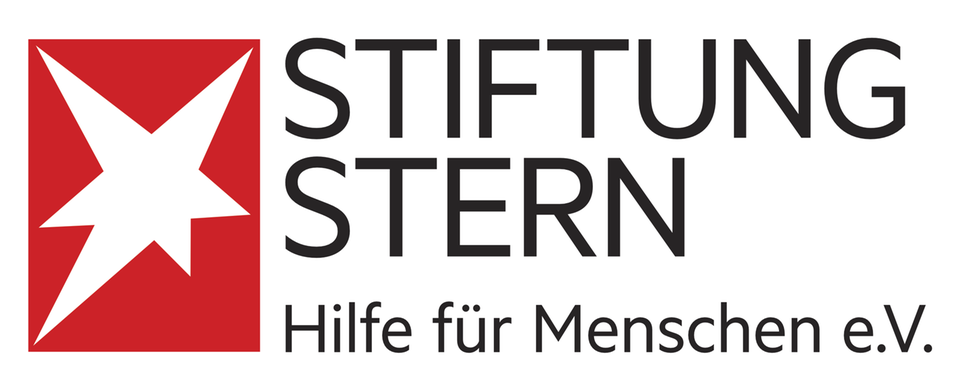
Russian threat potential
At the moment, no one can say how the showdown over the gas bill will end, especially since the Russian side has yet to submit details of their demand. A dirty compromise may also be possible, in which both sides can say they have won. Commerzbank analyst Ulrich Leuchtmann, for example, points out that rubles can theoretically also be obtained from Russian banks that are not excluded from the Swift payment system. So the sanctions against the Russian central bank would not have to be broken – at least formally.
Morally, however, that would also be difficult to sell in this country. Ukrainian Foreign Minister Dmytro Kuleba called the Russian ruble demand a humiliation for any country that bows to it on Twitter. “It’s like helping Ukraine with one hand and helping Russia kill Ukrainians with the other.”
Perhaps the Kremlin isn’t concerned with the technical details at all, but primarily with the deterrent effect of the action. So that the West doesn’t get too sure that Russia won’t turn off the tap if Ukraine continues to receive massive support. “Putin is playing with the fears of European governments,” says economist Schularick. Above all, he wanted to stir up fear in order to prevent new sanctions.
Source: Stern
Jane Stock is a technology author, who has written for 24 Hours World. She writes about the latest in technology news and trends, and is always on the lookout for new and innovative ways to improve his audience’s experience.

